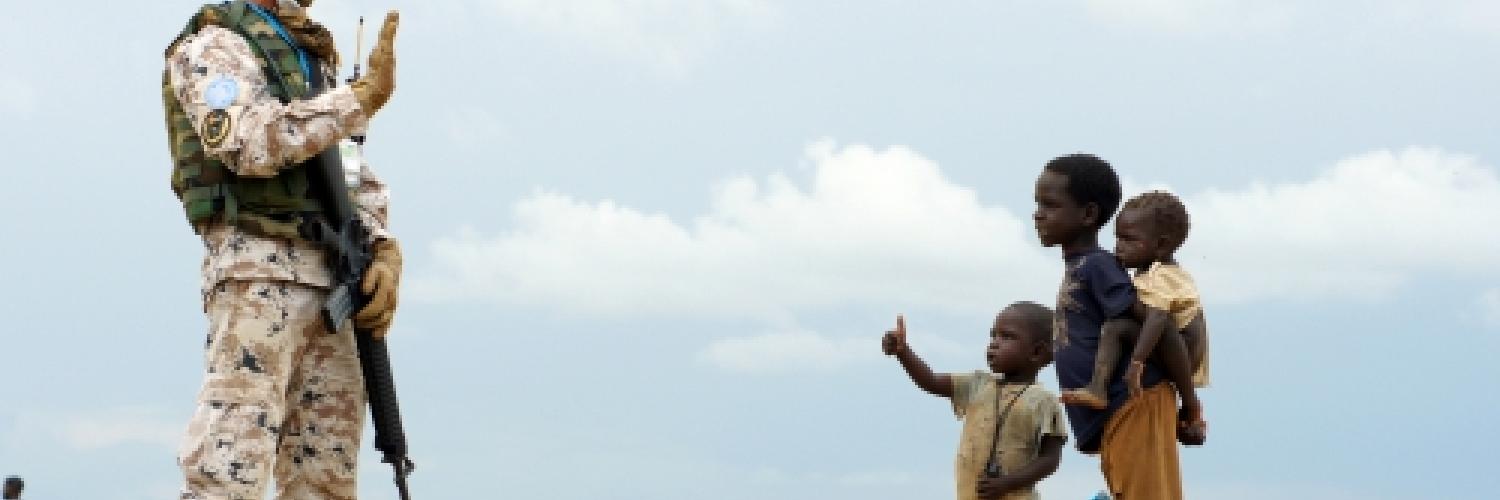Between 1945 and 2013, 105 countries suffered a civil war. Of these, more than half experienced a relapse into violent conflict after peace had supposedly been achieved. How do we recognise a stable peace in countries emerging from violent conflict? And how can those tasked with building peace and ending war measure their progress?
This project looks at the ways in which peacebuilding organisations (such as the United Nations, NATO, the World Bank, and others) understand the elements of a stable peace and what it requires. What are the factors that contribute to post-conflict peace stabilisation?
The project will also examine how peacebuilding organisations have assessed their progress. How do the organisations differ, and what do their conclusions and assessments mean for how we measure peace?
If those involved in post-conflict recovery are to make informed judgements and plan effectively, they need to understand what sort of peace they are working towards. This project aims to increase awareness of the importance of ‘strategic assessment’ and good practice within peacebuilding organisations and inform discussion and debate about how we can best measure peace consolidation.
Project Objectives
- To identify the significance and explore the challenges of measuring post-conflict peace consolidation;
- To identify factors that contribute significantly to peace consolidation;
- To analyze how and why various peacebuilding organizations differ in their understandings of the characteristics of, and requirements for, a consolidated peace;
- To examine and evaluate the practices of peacebuilding organizations in their assessments of progress towards building a sustainable peace;
- To identify principles of good practice with respect to assessment practices.
External Partners
UN Peacebuilding Support Office
Centre for the Study of African Economics, University of Oxford
Project Outputs
Publications (due)
A research report for DFID’s Fragile States and Conflict Group on key findings with implications for policy
An associated paper to be published in a peer-reviewed journal
A monograph by Professor Caplan




